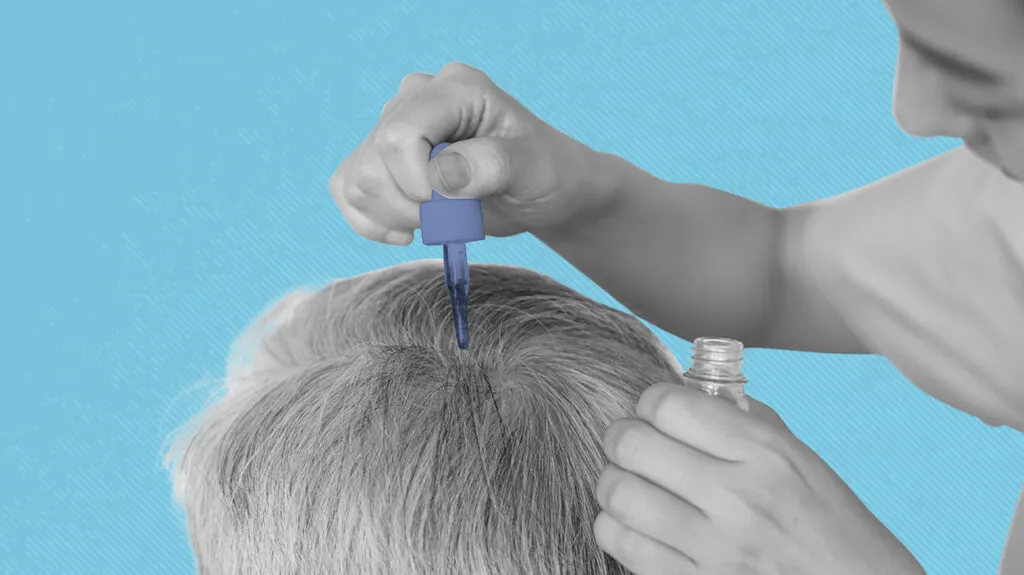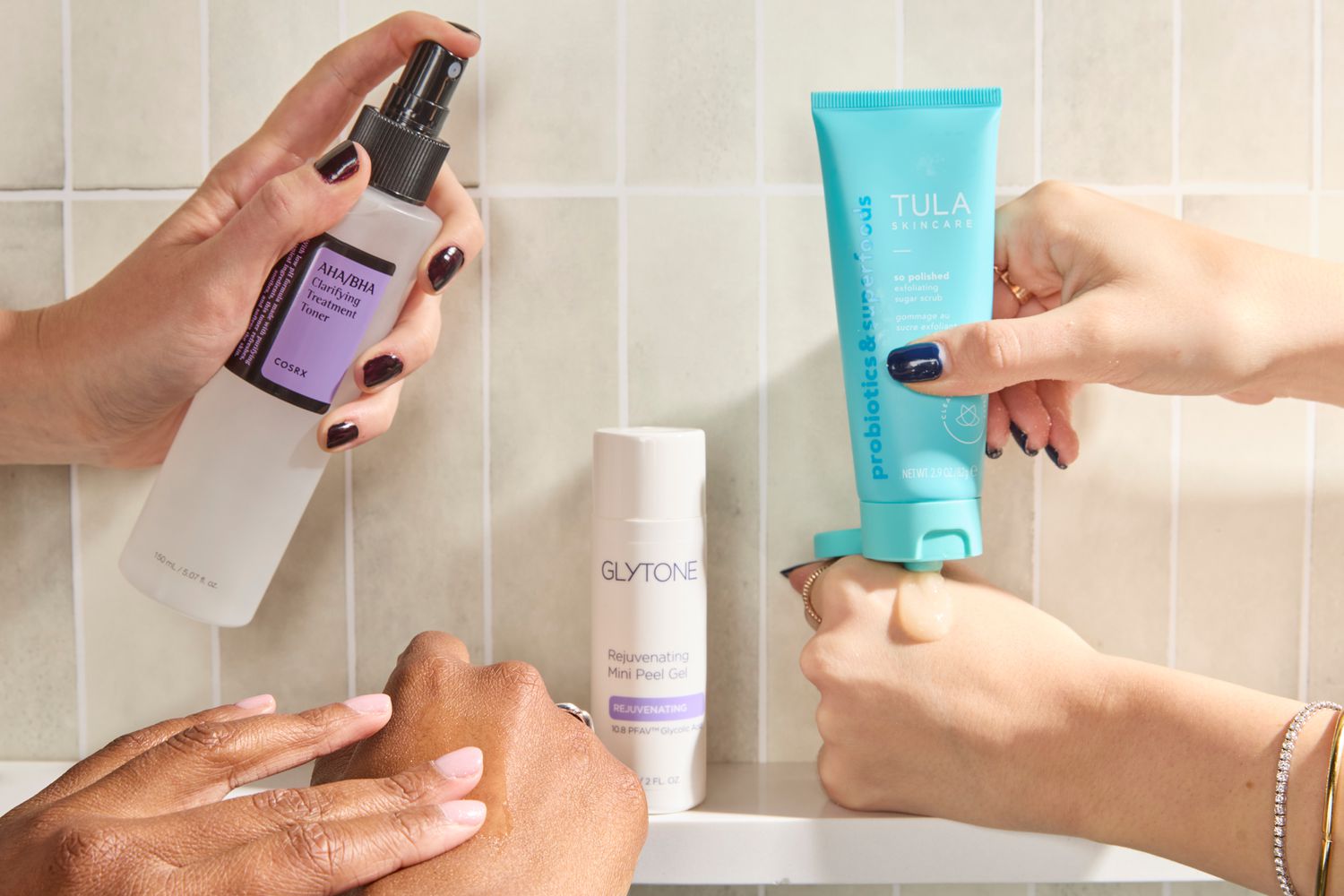Many women are concerned about hair loss and explore various treatments. But what are the common misconceptions about hair loss treatments? This article aims to debunk myths and provide accurate information, helping women make informed decisions about managing hair loss. Understanding the truth behind these misconceptions can lead to better treatment choices. Let’s explore these common myths and find out what’s effective.
Hair Loss Treatments Are Only for Men
One common misconception is that hair loss treatments are only for men. However, hair loss treatment for women is just as necessary and available. Women observe hair thinning and loss due to many factors, such as ageing, hormonal changes, genetics, and stress. Understanding that treatments are modified for women can help choose the right approach. Many products and treatments are mainly designed to address female hair loss patterns. Women need to know that they have options and support.
All Hair Loss Treatments Work the Same
Another myth is that mainly all hair loss treatments work the same for everyone. In reality, the effectiveness of a treatment varies based on individual factors like the cause of hair loss, the stage, and personal health conditions. What works for one person might not work for another, emphasising the need for personalised treatment plans. It’s essential to consult a hair care provider to determine the most suitable treatment. Personalised plans can enhance the chances of success and minimise potential side effects.
Natural Remedies Are Always Effective
Many believe that natural remedies are always effective in treating hair loss. While some natural treatments can improve scalp health and hair strength, they are not universally effective for everyone. Scientific research supports some natural remedies, but others lack evidence. It’s crucial to rely on treatments backed by scientific studies for the best results. Misplaced trust in ineffective remedies can lead to wasted time and resources. Combining natural remedies with scientifically proven treatments can offer a balanced approach.
Topical Solutions Are the Only Option
Topical solutions are often seen as the only effective treatment. While they can be very beneficial, other options like oral medications, laser therapy, and surgical procedures exist. Each type of treatment has its advantages and may be used alone or in combination to achieve the best results. Exploring all available options can lead to more effective outcomes. It’s important to stay informed about the latest advancements in hair loss treatments. Diversifying treatment strategies can enhance overall effectiveness.
Expensive Treatments Are More Effective
Many assume that expensive treatments are inherently more effective than their cheaper counterparts. However, the cost does not always correlate with effectiveness. Some affordable treatments have strong scientific backing and proven results. It’s important to evaluate treatments based on evidence rather than price alone. High costs can sometimes be attributed to branding and marketing rather than efficacy. Affordable solutions can often be just as effective, if not more so.
How to Choose the Right Treatment?
- Consult a Specialist: Seek advice from a dermatologist or trichologist who can diagnose the cause of hair loss and recommend appropriate treatments.
- Research Options: Look for treatments backed by scientific studies and clinical trials to ensure effectiveness and safety.
- Consider Personal Needs: Select treatments that fit your lifestyle, budget, and specific hair loss condition.
- Evaluate Ingredients: Check the active ingredients in treatments and understand their role in promoting hair growth.
- Combine Approaches: For a comprehensive approach, combine treatments such as topical solutions, oral medications, and lifestyle changes.
- Monitor Progress: Regularly track your progress and adjust treatments as needed for optimal results.
Misconceptions About Hair Loss and Diet
Another myth is that diet alone can prevent or reverse hair loss. While a balanced diet of vitamins and minerals supports overall hair health, it is not a standalone cure for hair loss. Nutritional deficiencies can contribute to hair thinning, but they are often just one part of a broader issue. Combining a healthy diet with other treatments can yield better results. Proper nutrition should complement other treatment methods. A holistic approach is often the most effective.
Psychological Impact of Hair Loss
Hair loss can significantly impact self-esteem and mental health. Many women feel embarrassed or anxious about their thinning hair, which can lead to stress and further hair loss. Understanding that hair loss is a prevalent issue can help reduce the stigma and encourage seeking help. Psychological support and counselling can be valuable components of a hair loss treatment plan. Addressing emotional health is crucial. Support groups and therapy can offer additional comfort and guidance.
Selecting the right hair loss treatment for women involves debunking common misconceptions and focusing on evidence-based solutions. While no single treatment works for everyone, combining different methods and maintaining consistency can yield positive results. Addressing these physical and emotional aspects of hair loss can improve women’s hair health and overall well-being. Patience and perseverance are imperative in the journey to restore hair. With the right information and support, effective management of hair loss is achievable.





